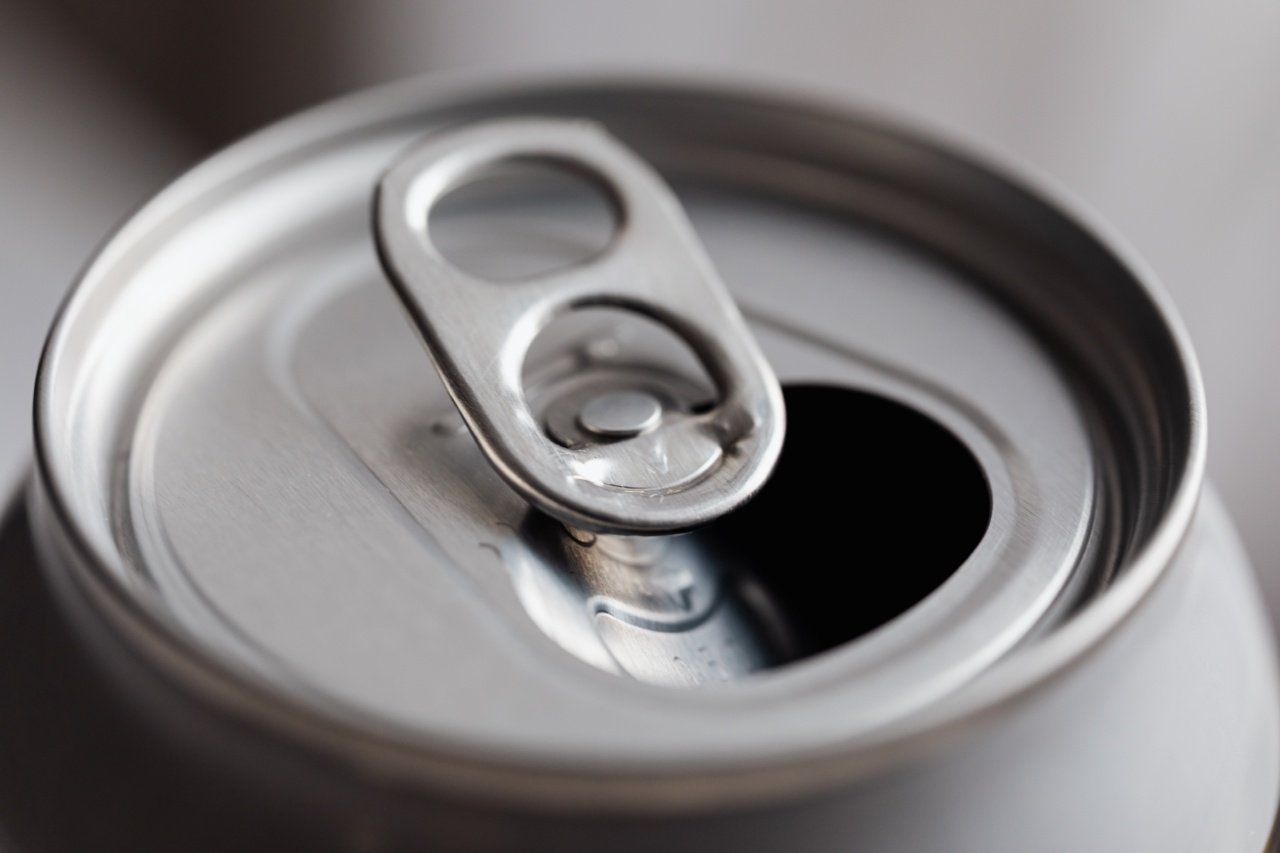Drinking water is a basic necessity for survival, and everyone deserves access to clean and safe drinking water.
However, with an increasing population and industrialization, there is a growing concern about the quality of drinking water across the globe. The presence of harmful chemicals in drinking water is a significant and widespread problem, and there is ample evidence to prove that these chemicals can cause severe health problems.
In this article, we will discuss the link between chemicals in drinking water and bladder cancer.
What is Bladder Cancer?
Bladder cancer is a type of cancer that affects the bladder – a hollow organ that stores urine. This type of cancer is more common in older adults, and it is also more prevalent in men than women.
The most common symptom of bladder cancer is blood in the urine, and other symptoms include frequent urination, pain during urination, and back pain.
What are the Causes of Bladder Cancer?
Although bladder cancer has no definite cause, certain factors can increase the risk of developing it. These factors include:.
- Smoking tobacco
- Exposure to harmful chemicals at work, such as dyes, textiles, and rubber
- Chronic bladder irritation or infections
- Aging
- Family history of bladder cancer
- Race – it is more common in Caucasians than African Americans or Hispanics
Studies have shown that exposure to certain chemicals in drinking water can also cause bladder cancer. These chemicals are known as carcinogens, and they can cause DNA damage and cell mutations that lead to cancer.
Chemicals in Drinking Water that can Cause Bladder Cancer
There are several chemicals that have been identified as potential causes of bladder cancer. These chemicals include:.
- Arsenic – A naturally occurring element in rocks and soil that can seep into groundwater. Arsenic exposure has been linked to several types of cancers, including bladder cancer.
- Chlorine – A disinfectant commonly used in water treatment plants. Chlorine can react with other chemicals in water to form compounds that are carcinogenic.
- Nitrate – A compound commonly found in fertilizers, and it can seep into groundwater. Nitrates can contaminate drinking water and react with other chemicals to form carcinogens.
- Trihalomethanes – A group of chemicals that form when chlorine reacts with organic matter in water. These chemicals are carcinogenic and have been linked to an increased risk of bladder cancer.
Can Chemicals in Drinking Water Cause Bladder Cancer?
Several studies have found a strong link between exposure to certain chemicals in drinking water and an increased risk of bladder cancer.
One particular study conducted in the United States found that exposure to trihalomethanes in drinking water increased the risk of bladder cancer in one of every ten cases. Another study conducted in Spain found that high levels of arsenic in drinking water increased the risk of bladder cancer by up to five times.
These studies suggest that long-term exposure to certain chemicals in drinking water can significantly increase the risk of developing bladder cancer.
However, more research is needed to identify the specific chemicals and their safe levels in drinking water.
How can we protect ourselves?
It is essential to take necessary precautions to protect ourselves from the harmful chemicals in drinking water that can cause bladder cancer. Here are some measures that can be taken:.
- Install a Water Filtration System – A water filtration system can remove harmful chemicals and contaminants from drinking water.
- Drink Bottled Water – Bottled water is subject to regulations and may provide a safer option for drinking water.
- Test your Water – Regular testing of your drinking water will help identify any harmful chemicals present in it.
- Avoid Direct Contact with Chemicals – If you work with chemicals, use appropriate protective gear to avoid direct contact with them.
Conclusion
Drinking water is an essential component of our daily life, and access to clean and safe drinking water is a fundamental human right.
Unfortunately, the presence of harmful chemicals in drinking water is a growing concern that can lead to severe health problems, including bladder cancer. The evidence shows that long-term exposure to certain chemicals in drinking water can cause bladder cancer. It is important to take precautions to protect ourselves and our loved ones from these harmful chemicals.





























